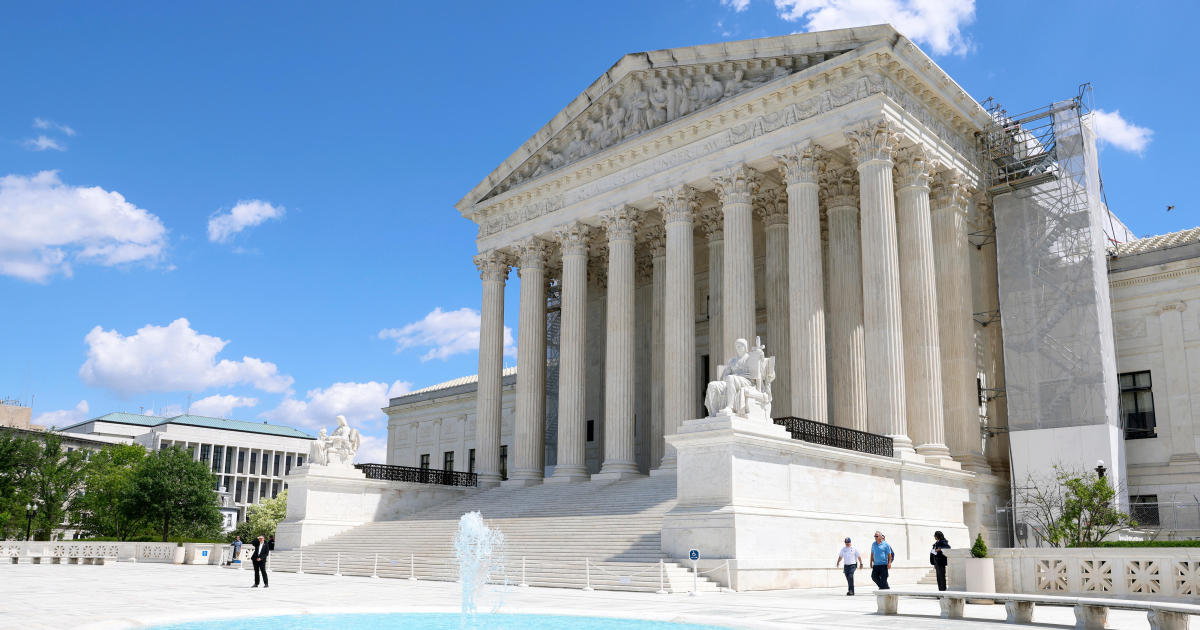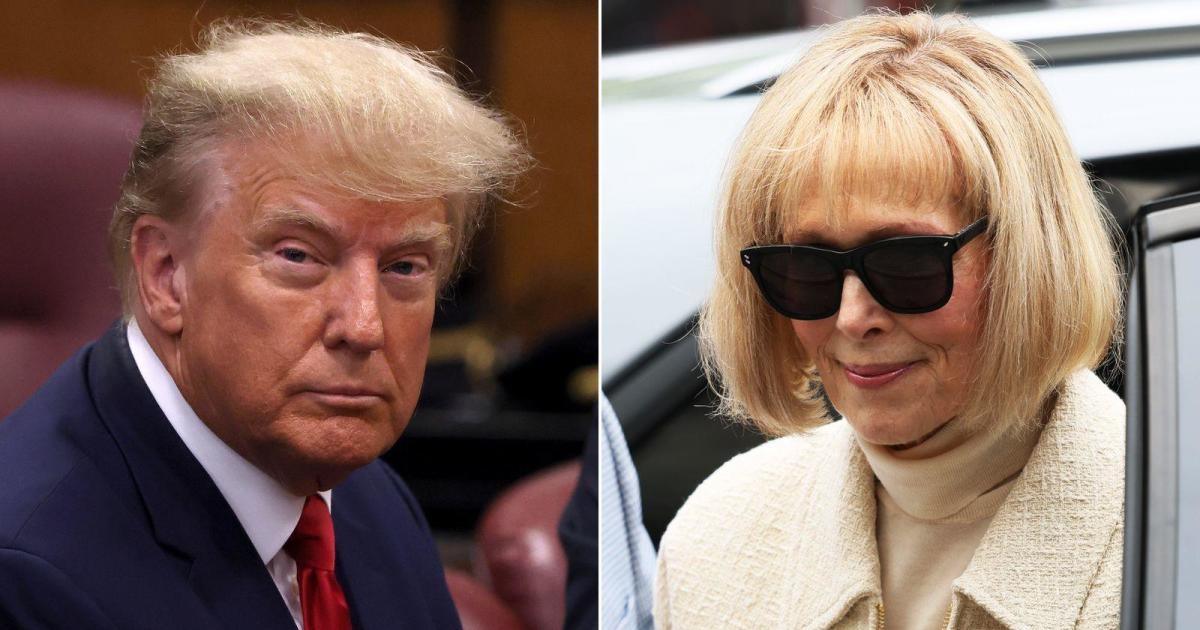Trump says Mexico will reimburse U.S. as GOP weighs new plan for wall
WASHINGTON -- President-elect Donald Trump on Friday tweeted that Mexico will reimburse American taxpayers for a new border wall and that U.S. money spent will be for the “sake of speed.”
His tweet came as congressional Republicans and his top aides consider a plan to ask Congress to ensure money is available in U.S. coffers for the wall without passing any new legislation. Instead, they would rely on existing law that already authorizes fencing and other technology along the southern border.
The potential approach was disclosed Thursday by two congressional officials and a senior transition official with knowledge of the discussions; all spoke on condition of anonymity because they were not authorized to discuss the matter publicly. Mr. Trump tweeted early Friday that Mexico would still pay the U.S. back.
During his campaign, Trump repeatedly told voters if elected he would build a “big, beautiful wall” along the U.S. southern border and make Mexico pay for it. Kellyanne Conway was asked on “CBS This Morning” Friday if Mr. Trump is going back on his word.
“Congress is taking it on themselves to explore different options to pay for the wall. But from our perspective nothing has changed. Obviously we respect federalism. And if Congress is trying to find different ways to fund this project that is a top priority to President Trump then they should do that,” she said.
But Trump never settled on a mechanism for how Mexico would pay. He floated various options, including compelling the country to cover the cost through higher visa and border crossing fees and threatening to target billions of dollars in remittances sent home by immigrants living in the U.S.
Trump transition spokesman Sean Spicer said putting U.S. money up-front “doesn’t mean he’s broken his promise.” In an interview Friday on ABC’s “Good Morning America,” Spicer said: “I think he’s going to continue to talk to them (the Mexican government) about that.”
The approach could also stave off a legislative fight that Trump might lose if he tried to get Congress to pass a measure authorizing the kind of border wall he promised during the campaign.
It’s not clear how much could be done along the 2,000-mile border without additional actions by Congress. Lawmakers passed the Secure Fence Act of 2006, but most of those 700 miles have already been built. Some areas are in much better shape than others, though, and long stretches are made up of fencing that stops vehicles but not pedestrians.
But whatever steps might be taken without Congress’ approval would be likely to fall short of the extravagant new wall on the border that Trump repeatedly said Mexico would pay for during his campaign for the White House. And despite Congress’ involvement in approving any spending, such an approach might also open Trump to charges of circumventing the House and the Senate to take unilateral actions, something he repeatedly criticized President Barack Obama for doing. A spending bill including money for border construction could also provoke a legislative showdown given potential opposition from Senate Democrats.
Still, several lawmakers and congressional officials said the administration could have significant flexibility in taking additional steps without Congress’ approval.
“There’s a lot of things that can be done within current law,” said Rep. Mario Diaz-Balart, R-Fla., a longtime proponent of comprehensive immigration reform, though he emphasized that a lasting solution on immigration would take action by Congress. “You cannot minimize the potential impact of the administration doing what they can do under the law,” he said.
However, some immigration hard-liners have already expressed the desire to see Congress take a vote, given how prominent the wall was during Trump’s presidential campaign, and their desire to act on the issue.
Trump’s vow to build an impenetrable, concrete wall along the southern border was his signature campaign proposal. “Build the wall!” supporters would chant at his rallies. “Who’s going to pay for it?” Trump would ask them. “Mexico!” Trump often promised the wall would be built of hardened concrete, rebar and steel as tall as his venues’ ceilings, and would feature a “big, beautiful door” to allow legal immigrants to enter.
Most experts viewed such promises as unrealistic and impractical, and Trump himself sometimes allowed that the wall would not need to span the entire length of the border, thanks to natural barriers like rivers. After winning the election, he said he’d be open to stretches of fencing.



